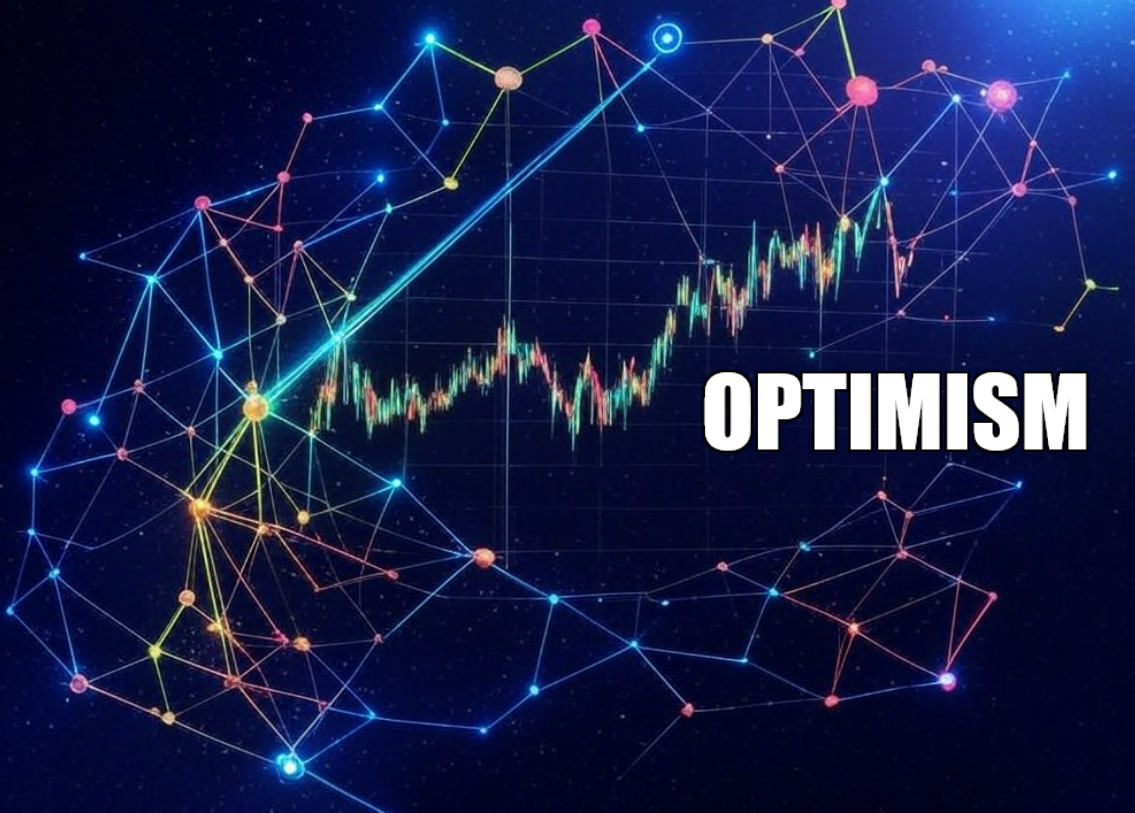Predicting the Burst of the Property Bubble in India.
Explore the factors influencing the Indian real estate market to answer “when will property bubble in India burst?” with insights into economic indicators, market trends, and expert predictions.
AI TRADING SIGNALS SOFTWARE
LINK-https://tradingindicatorpro.com
WATCH VIDEO TUTORIAL
LINK-https://youtu.be/F96qBjBNeG0?si=vperuAD6P12ueRP9
-
Supply and Demand: Cities like Mumbai and Bengaluru have seen a high level of unsold inventory, indicating a potential mismatch between supply and demand. This surplus could be a precursor to price corrections if demand does not catch up.
-
Economic Indicators: The health of the broader economy plays a significant role. With inflation, interest rate changes, and employment rates affecting real estate, any significant downturn in these areas could trigger a bubble burst. The RBI’s actions on interest rates, for instance, can either cool down or heat up the market.
-
Government Policies: Regulatory measures like the Real Estate (Regulation and Development) Act (RERA) aim to bring transparency but could also impact how the market behaves. The introduction of such policies can either stabilize or destabilize market bubbles.
-
Some experts have forecasted a burst as early as 2014, which did not materialize, suggesting a stabilization rather than a crash.
-
Others argue that the Indian market has shown resilience, with property values appreciating steadily over time, indicating more of a growth trend than a bubble. However, the debate continues with concerns over speculative investments and high construction costs.
-
Marc Faber and other global analysts have highlighted the potential for bubbles in various sectors, including real estate, but with a cautious note that bubbles can grow before they burst.
-
Demand vs. Supply Dynamics: The current market shows signs of both overheating in some segments and stabilization in others. The luxury segment, for instance, remains robust while middle-class housing in urban centers struggles with affordability.
-
Investor Behavior: There’s been a noticeable shift towards capital protection rather than speculative buying, a sign that investors might be wary of a potential downturn.
-
Global Influence: Events like the global financial crisis or economic slowdowns in major economies could impact local markets, including real estate, potentially accelerating a bubble’s burst.
-
No Definitive Timeline: While some predict a correction might be inevitable, there’s no consensus on when this would occur. Historical data shows bubbles can persist or grow before bursting.
-
Mitigating Factors: Strong economic fundamentals, ongoing urbanization, and government policies aimed at market stabilization might delay or prevent a severe crash.
-
Investor Caution: The market’s future might hinge on how investors react to current trends and economic forecasts. A sudden shift in investor confidence could either inflate or deflate the market.





